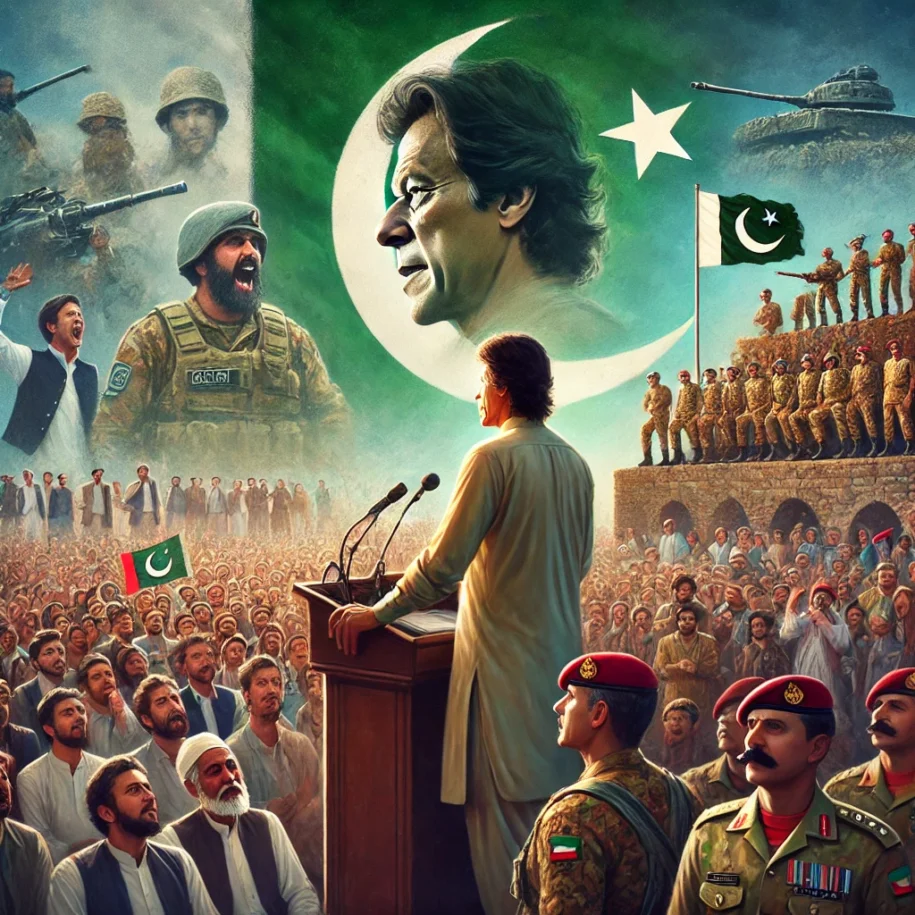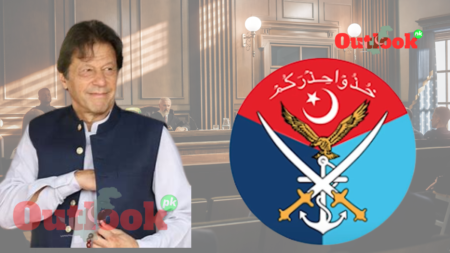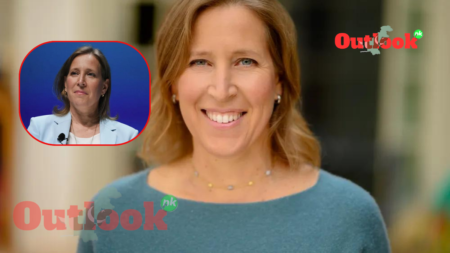Imran Khan: Navigating a Complex Political Landscape
Imran Khan, the 71-year-old former Prime Minister of Pakistan and once a celebrated cricket star, has been vocal about his perspectives on the military’s role in the country’s politics. Currently incarcerated, Khan has faced numerous charges that he describes as “trumped-up.” Despite his challenging situation, Khan recently emphasized the importance of maintaining strong relations with the military, underscoring that it would be “foolish” not to have excellent ties with such a significant institution.
In his written responses, relayed through his media and legal team, Khan articulated his views on the military’s involvement in Pakistan’s socio-economic and political landscape. He acknowledged the critical role the military plays, not just in national defense but also in various sectors of the economy.
“Given Pakistan’s geographical position and the military’s significant role in the private sector, it would be foolish not to foster such a relationship,” Khan stated.
This pragmatic approach suggests a potential openness to future cooperation, despite past grievances.
A Nuanced Stance on the Military
Khan’s remarks clarify that his criticisms have not been aimed at the military as an institution but rather at specific individuals whose decisions he believes were misguided. “The miscalculations of the military leadership shouldn’t be held against the institution as a whole,” he asserted. This distinction is crucial, as it suggests Khan’s recognition of the military’s importance while also advocating for accountability at the leadership level.
Khan’s comments come amid a backdrop of complex political dynamics in Pakistan, where the military has historically played a pivotal role. His previous accusations that the military contributed to his ouster from office and subsequent imprisonment have been a point of contention. However, Khan’s recent statements indicate a willingness to move past these issues, provided there is an opportunity for transparent and fair dialogue.
The Call for Dialogue and Transparent Elections
On a recent occasion, Khan proposed “conditional negotiations” with the military, predicated on the fulfillment of two primary conditions: the holding of “clean and transparent” elections and the dismissal of what he describes as “bogus” charges against his supporters. This offer reflects Khan’s desire to engage in constructive dialogue to address Pakistan’s pressing challenges.
Despite his incarceration, Khan remains a significant figure in Pakistan’s political arena. He has expressed skepticism about engaging with the current coalition government led by Prime Minister Shehbaz Sharif, which he alleges lacks public support due to a “stolen election” in February. Instead, Khan believes that engaging directly with the military, which he views as the actual power broker, would be more productive.
“The elections were the most rigged in Pakistan’s history,” Khan asserted, reflecting his dissatisfaction with the electoral process. His call for dialogue with the military, rather than with the civilian government, underscores his belief in the military’s influential role in shaping Pakistan’s political future.
Challenges and Opportunities for Reconciliation
The military has not responded to Khan’s recent remarks, maintaining a position of non-engagement with him and his party, the Pakistan Tehreek-e-Insaf (PTI). This stance is partly due to the accusations against PTI members of instigating attacks on military installations during protests following Khan’s detention. The military’s reluctance to engage with Khan adds complexity to the potential for dialogue and reconciliation.
Khan’s rejection of an out-of-court settlement with the government or military, unless his party’s electoral victory is recognized, further complicates the situation. He maintains that his party legitimately won a majority in the contested election, a claim that has yet to be officially acknowledged.
Despite these challenges, Khan’s openness to dialogue represents a potential pathway to easing political tensions in Pakistan. His willingness to engage with the military, provided certain conditions are met, could pave the way for a more stable and cooperative political environment.
FAQs
What did Imran Khan say about his relationship with the military?
Imran Khan emphasized the importance of maintaining excellent relations with the military, stating that it would be foolish not to foster such a relationship given the military’s significant role in Pakistan.
Has Khan criticized the military as an institution?
No, Khan clarified that his criticisms have been directed at specific individuals in the military leadership, not the institution as a whole.
What conditions did Khan set for dialogue with the military?
Khan proposed conditional negotiations with the military, contingent on holding clean and transparent elections and dropping charges against his supporters.
Why does Khan prefer engaging with the military over the current government?
Khan believes that the current coalition government, led by Prime Minister Shehbaz Sharif, lacks public support due to a “stolen election.” He views the military as the actual power holder in Pakistan.
Has the military responded to Khan’s call for dialogue?
As of now, the military has not responded to Khan’s remarks, maintaining a position of non-engagement with him and his party.
Imran Khan’s recent statements highlight the complex relationship between Pakistan’s civilian leadership and its military. Despite his criticisms and current legal challenges, Khan acknowledges the military’s crucial role in the country’s affairs and expresses a willingness to engage in dialogue. This openness to negotiation, contingent on transparent elections and the resolution of legal issues, offers a potential avenue for political reconciliation in Pakistan. As the nation navigates these uncertain times, the possibility of constructive dialogue remains a beacon of hope for a more stable and unified future.







